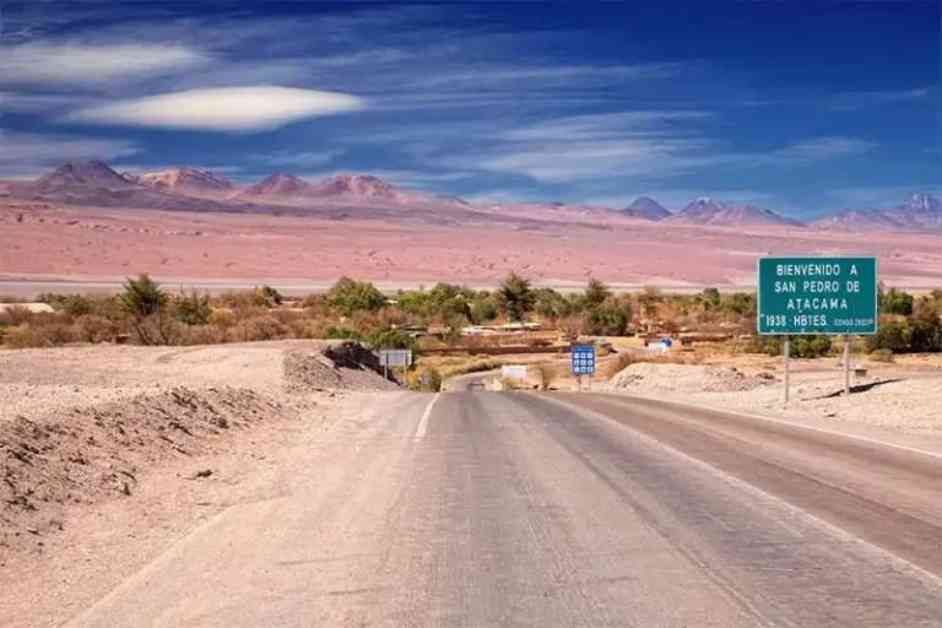Saudi Arabia, the world’s largest energy exporter, is seeking investments in lithium production in Latin America as the Kingdom aims to position itself as a key player in the manufacturing of electric vehicles. The Minister of Mining of Saudi Arabia, Bandar Alkhorayef, is scheduled to travel to Chile in July and is expected to meet with his Chilean counterpart, Aurora Williams, in Santiago, confirmed the government of the South American country on Saturday. Chile holds the largest reserves of lithium in the world.
The Saudi push towards lithium comes at a time when China dominates the processing of lithium, cobalt, and other elements, as nations seek to reduce their dependence on a single source of critical minerals. Analysts explained to the Abu Dhabi newspaper The National that there was a «great possibility» that Saudi Arabia would sign a lithium supply agreement with Chile. However, they said that several steps were required before the Kingdom could use it to manufacture batteries for electric vehicles.
«There are a number of steps before you can take the raw mineral underground and turn it into a product that can then be used in an electric vehicle,» said Mehdi Ali, co-founder of Woodcross Capital, a private investment firm based in Dubai. Ali expressed that it would not be surprising if Saudi Arabia decided not only to secure raw materials such as lithium but also to establish a complete battery production chain for electric vehicles within the country, from raw materials to finished products. Riyadh has invested billions of dollars to become a center for electric vehicles while moving away from oil exports.
The Kingdom invested around $10 billion in Lucid Motors, based in California, in addition to launching its own electric car brand Ceer in 2022 and building a metals plant for electric vehicles. Electric car sales reached around 14 million in 2023, 95% of which were produced in China, Europe, and the United States, according to the International Energy Agency (IEA). Last year, the number of new electric car registrations reached 8.1 million in China, 1.4 million in the United States, and around 3.2 million in Europe, according to a report earlier this year.
Last year, a joint venture between Saudi Arabian Mining Company and the Public Investment Fund announced the acquisition of a 10% stake in the major Brazilian mining company Vale for an enterprise value of $2.6 billion. Meanwhile, the United Arab Emirates is also taking steps to invest in critical metals. Last year, Abu Dhabi’s International Resources Holdings acquired a 51% stake in Zambia’s Mopani Copper Mines for $1.1 billion.
Chile’s lithium reserves are located in over 60 salt flats scattered through the mountains of the northern Atacama Desert. Currently, only two companies produce lithium in the country: the Chilean Sociedad Química y Minera (SQM), whose second-largest shareholder is the Chinese Tianqi, and the American Albemarle. Despite having the largest reserves, Chile lags behind Australia in lithium production.
In a surprise move last year, Chilean President Gabriel Boric announced plans to partially nationalize the country’s lithium industry to boost the economy and protect the environment. Saudi Arabia’s entry into the critical minerals space comes amid growing geopolitical tensions between the United States and China, the world’s two largest economies. Currently, China dominates the global market for critical minerals. It is the world’s leading producer of 29 different raw materials, including 22 metals and seven industrial minerals.
The United States and the European Union (EU) are desperately trying to close the gap with Beijing by strengthening relations with resource-rich countries in Africa and South America. The EU recently announced tariffs of up to 38% on Chinese electric vehicles to curb the influx of cheaper sales.





